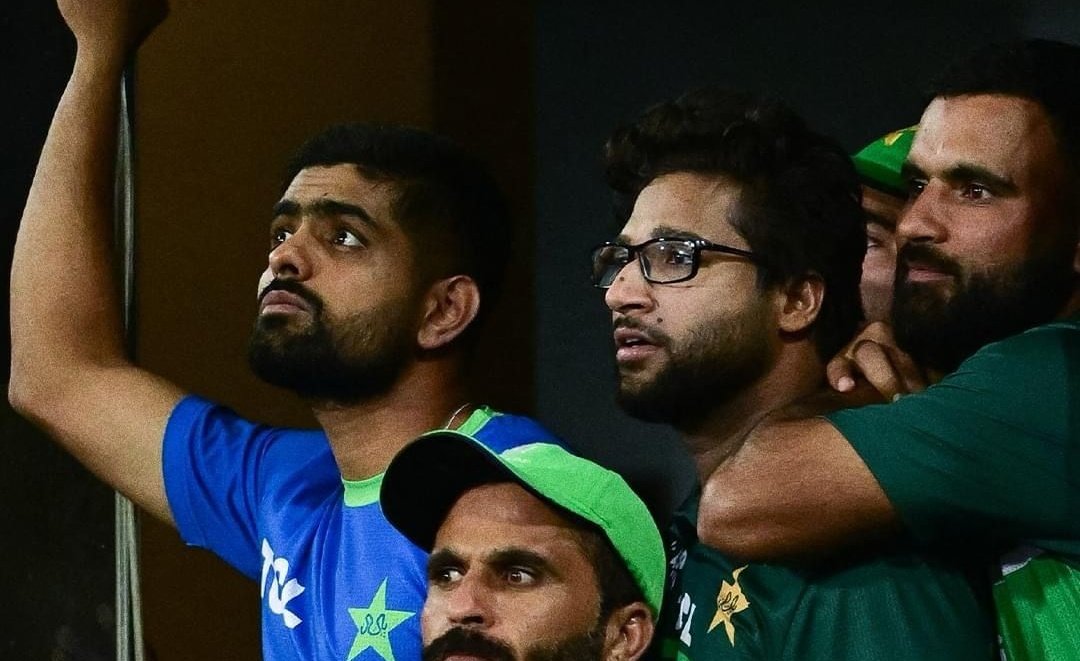In the cricketing world, Pakistan is renowned for its passionate fans and historical contributions to the sport. Yet, despite its rich heritage, international teams have shown hesitancy in touring the country. Here, we delve into the top five reasons behind this reluctance.
1. Security Concerns
The most prominent issue deterring international teams from touring Pakistan is the lingering security concerns. The 2009 attack on the Sri Lankan cricket team in Lahore remains a haunting memory. Though the security situation has improved considerably since then, with successful hosting of domestic and some international matches, the spectre of that incident still looms large. Teams fear the potential risks, despite the extensive security measures Pakistan has implemented.

2. Logistical Challenges
Hosting an international cricket team involves extensive logistical planning and execution. In Pakistan, the logistical hurdles are particularly daunting. The need for heavy security measures means that teams often face restrictions on movement, which can disrupt their routines and preparations. Additionally, the infrastructure in some areas may not meet the standards expected by international teams, further complicating travel and accommodation arrangements.
3. Diplomatic Tensions
Diplomatic relations between Pakistan and other countries can also influence decisions. Political tensions, especially with neighbouring India, have led to cricketing ties being severed or strained. This geopolitical friction often spills over into the cricketing arena, making teams wary of playing in Pakistan. Moreover, broader international relations and travel advisories issued by foreign governments can also play a significant role in the decision-making process.
4. Financial Considerations
Cricket boards operate as businesses and must consider the financial implications of their decisions. Touring Pakistan, with its increased security requirements, can be a costly endeavour. The potential financial risks, coupled with the possibility of reduced commercial interest and sponsorship in some regions, can deter boards from committing to a tour. Additionally, broadcasters might be hesitant to invest in a series held in Pakistan, fearing lower viewership or complications arising from the region’s security situation.

5. Alternative Venues
The advent of the Pakistan Super League (PSL) has shown that Pakistan can host high-profile matches, albeit with some fixtures still played in the UAE. The availability of alternative, neutral venues like the UAE, which offer a safer and more familiar environment, provides an easy solution for cricket boards. These venues ensure that matches can proceed without the added layer of security and logistical concerns associated with Pakistan, making them an attractive option for international cricket.

While Pakistan has made significant strides in improving its security and cricketing infrastructure, the legacy of past incidents, coupled with ongoing logistical, diplomatic, and financial considerations, continues to weigh heavily on the minds of international cricket boards. It will take continued effort, successful hosting of international matches, and perhaps more time before the cricketing world fully embraces the idea of regular tours to Pakistan. Until then, the cricket-loving nation must remain patient and persistent in its quest to bring the sport back to its home soil.






